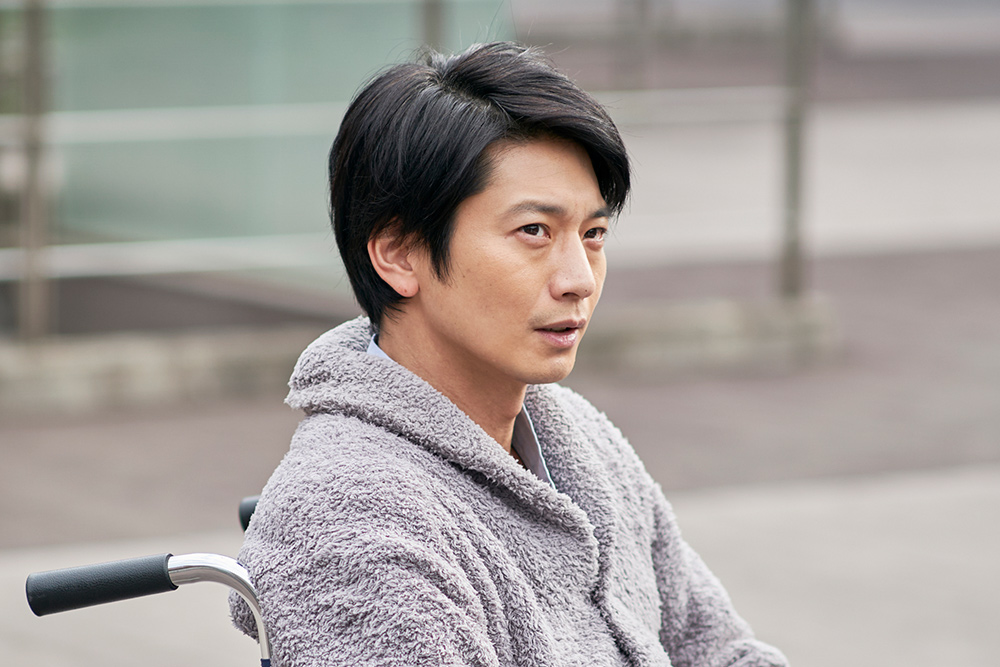!["Inspector Daimagin" Director Takashi Miike Cuts aiming for the best are boring [Director's Interview Vol.339]](https://cinemore.jp/images/1932605da449b7b7430dae7cb4d6778cab7a95c391ecbedd110380859b2d52f7.jpg)
"Inspector Daimagin" Director Takashi Miike Cuts aiming for the best are boring [Director's Interview Vol.339]
Cutting for the best is boring
Q: Were there any changes in the filming methods between the movie and the TV series?
Miike: It's basically the same as a movie. With one camera, the actors and staff all focus on one angle. There are no extra cuts, and we capture the bare minimum of footage, according to the editing we've simulated in our heads beforehand.
Q: If it's simulated in advance, does that mean the image is already solidified to a certain extent in your head?
Miike: I think that when you read a script, expressions and angles come to mind for everyone. I connect these fragments. I think I'm thinking about the "space" that makes it look more effective and pleasant, but I can't really explain it with logic or reason. I want to do that for some reason. I think there's a reason for that, but I don't pursue it. I should aim for the best, but a series of cuts that aim for the best feels boring. For example, when it suddenly starts raining heavily or some other accident occurs, if you use that negative part as power to continue shooting, you can take an interesting picture. Later, at overseas film festivals, many of the scenes that are said to be "interesting" or "memorable" are scenes that were shot when unexpected events were occurring.
However, I think about cutting on the spot. I intuitively decide on the spot, depending on the way the sunlight shines in the location, the feel of the windows, the previous performance, the feel of the actors standing there, and so on. So in a sense, it may be unstable (laughs).

"Inspector Daimagin" Copyright© tv asahi All rights reserved.
Q: From what you've said, it doesn't seem like you're taking a lot of photos just to edit.
Miike: I don't have that kind of mental space, and I don't have the time. Rather than shooting a lot of different things, I shoot one thing that I like as simply as possible, and the end result is a good image. Ultimately, if someone says "this is a work by Miike Takashi," I feel bad for the work, so it's best for it to look like there is no director. What is my own style? There is nothing like that.
I'm doing my best, so I don't have the time to take cuts that I don't know if I'll use, and I don't feel like taking them. If I had that ability somewhere, I think I would take what I need in a different way. For example, when I go to Korea to shoot a Korean drama, I adapt to the way they do things, and even though there are a lot of cameras at that time, I ended up shooting with one camera a lot. So I'm not that particular about it. I think it would be interesting to try shooting with a lot of cameras, and there are good things about it. However, we don't do that, and it's easier to proceed on set if we don't do that. It's not a matter of right or wrong. I actually want to try various things that I've never done before.

